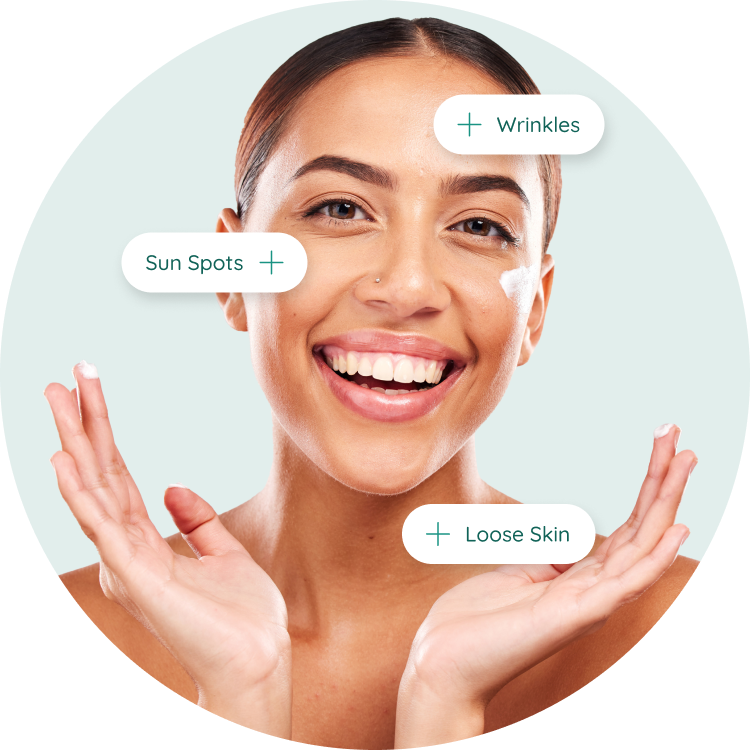
Cannabis is having a moment.
Inflammation relief is the most promising avenue for cannabinoids in skin care, along with the treatment of itch and burns, according to the Robert Dellavalle, M.D., Ph.D. His study, “The role of cannaboids in dermatology,” published in the Journal of the American Academy of Dermatology, explored current literature on the drug’s effect on skin. However, Dellaville noted that more research needs to be done to determine how cannabinoids interact with receptors in the skin.
Several skin care brands have cropped up in dispensaries. Notably, Whoopi Goldberg entered the budding industry with her Whoopi & Maya line in early 2017. Per the brand’s website, its offerings are formulated to provide relief to women suffering from menstrual discomfort, and its body balm and bath-soak formulations soothe the skin.
Mary’s Medicinals, another cannabis-infused skincare line lead by scientist Jeremy Riggle, Ph.D., is another such brand. The Colorado-based company manufactures cannabis products, including transdermal patches and a topical compound to be applied to the skin for inflammation, soreness and pain relief.
The most important things for you to know about it, now?
What limitations exist on brands producing skin care containing cannabinoids due to the regulatory nature of cannabis?
This is a tricky question and is going to vary from state to state as regulators, legislators and public health officials determine their own limits on the amount of cannabinoids allowed in skin products. Obviously, the classification of cannabinoids as schedule-1 drugs greatly constrain their use in all products, not just skin products. It will be interesting to see how these laws evolve especially as more and more clinical evidence becomes available.
How does cannabis affect the skin compared to other active ingredients?
When cannabinoids are applied to the skin they interact with certain skin receptors, that amongst other things, help reduce pain and inflammation following irritation, and they contribute to epidermal cellular differentiation (help skin cells become the type of cells that are needed for optimal skin health). There is also research showing that cannabis-infused products can help with psoriasis, dermatitis, acne (phytocannabinoids are antibacterial, antiproliferative, and anti-inflammatory) and have been found to reduce growth of melanomas and carcinomas. There is still a lot to discover regarding cannabinoids and skin, but the pre-clinical data is very promising.
What does the future look like for cannabis in skin care?
There is a very bright future for cannabis in skin products (assuming regulations don’t completely eliminate the use of cannabis in skin products) and overall skin care. In addition to the receptors in skin cells mentioned above and their associated effects, cannabinoids also absorb UV radiation offering some protection against the sun’s damaging UV rays. Cannabinoids are also precursors to prevalent skin molecules, so they can indirectly contribute to the structure of the skin.
Is there anything else people should know about cannabis in skincare products?
Topically-applied cannabinoids do not cross the stratum corneum, so people who use them topically don’t run the risk of getting high. Cannabinoids are extremely non-toxic and a safer alternative to some of the chemicals that make their way into skin products.
